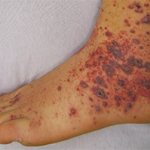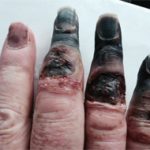Research has identified a subset of T cells, peripheral helper (TPH) cells, which may promote pathological B cell responses and antibody production in patients with seropositive RA. TPH cells also express chemokine receptors, enabling them to infiltrate inflamed parts of the body and stimulate B cells to produce antibodies…









